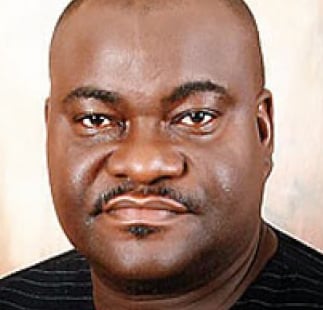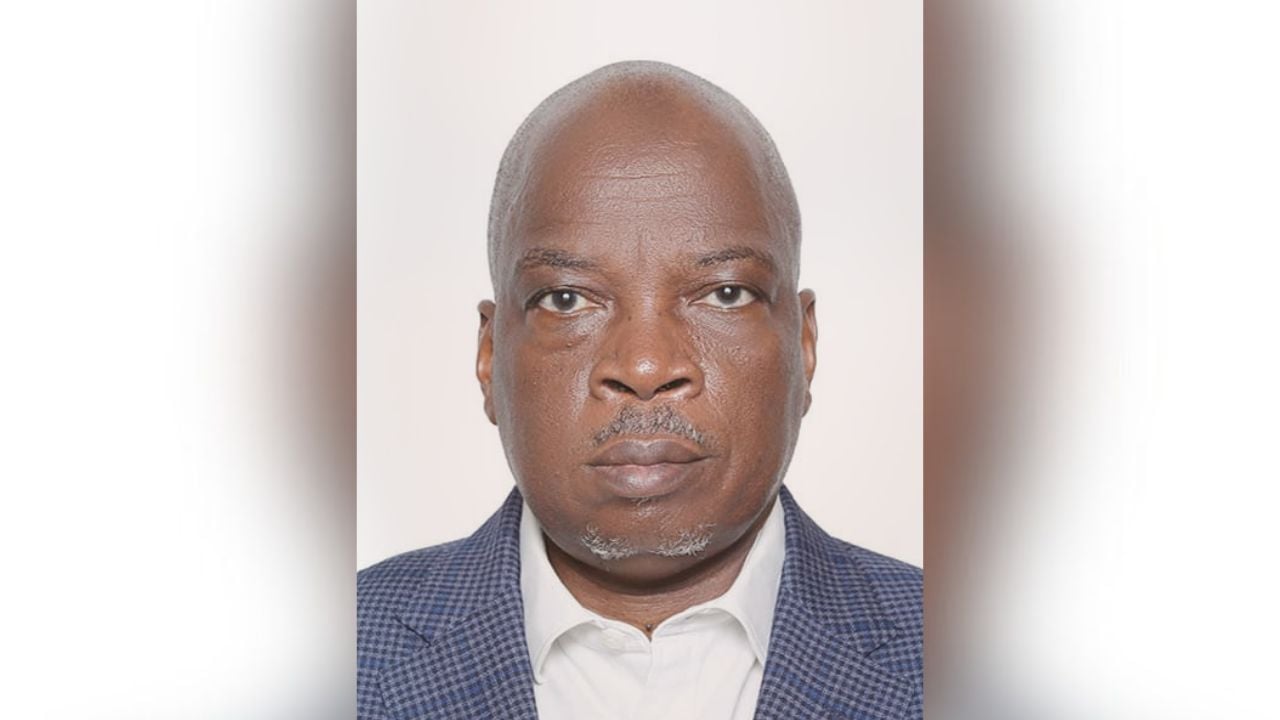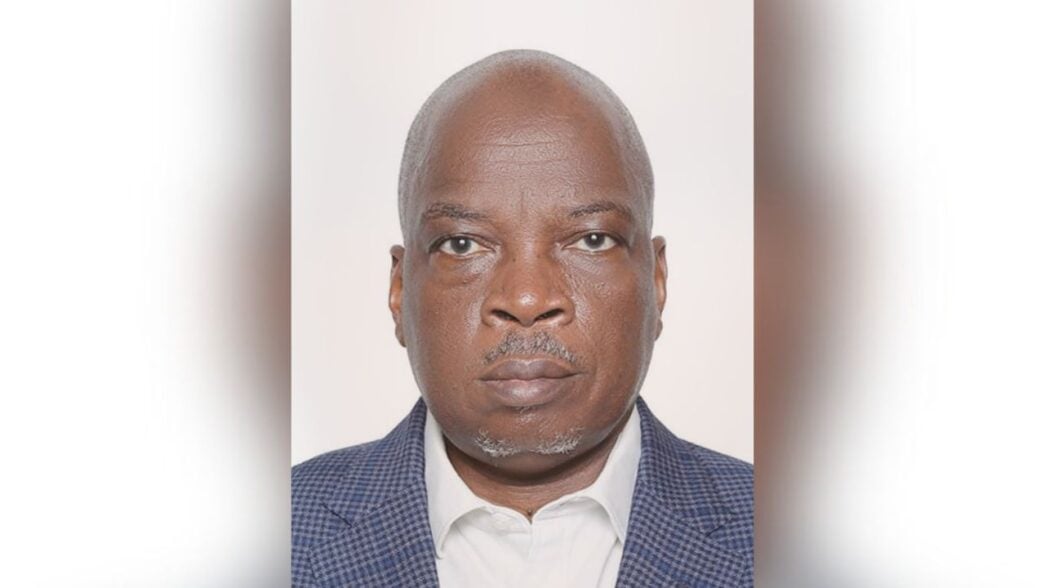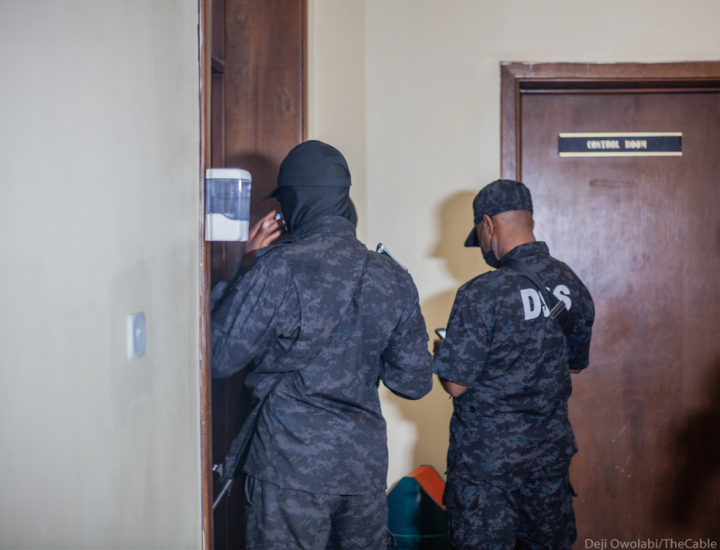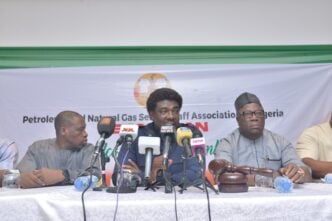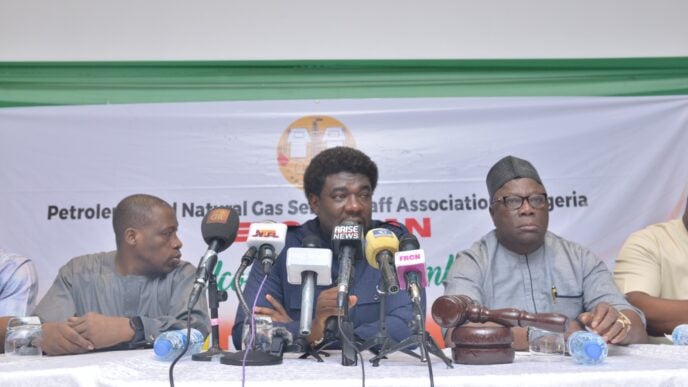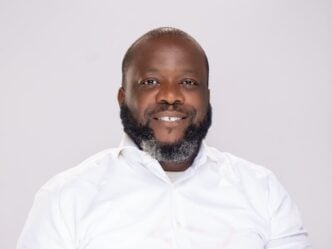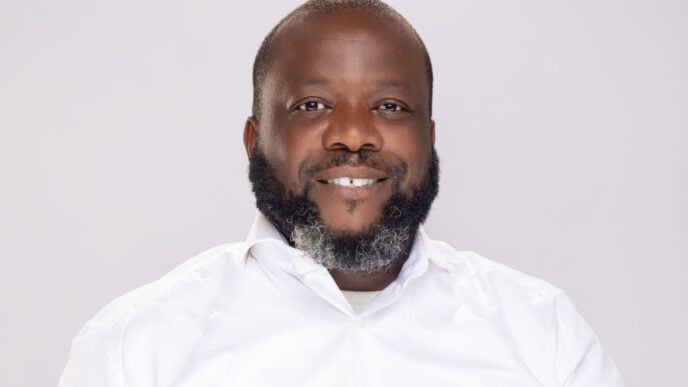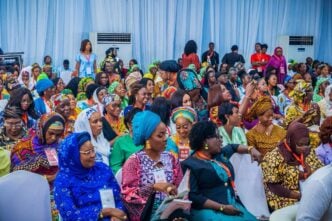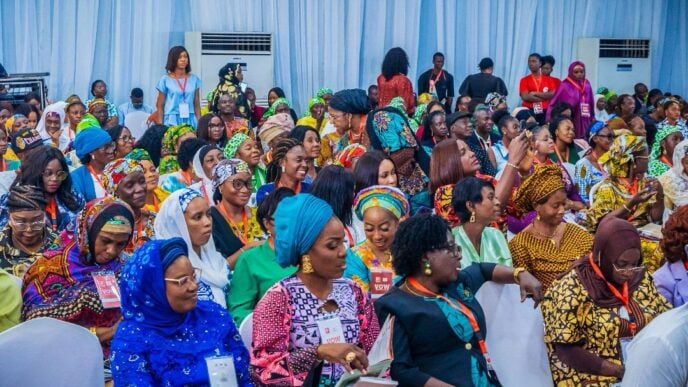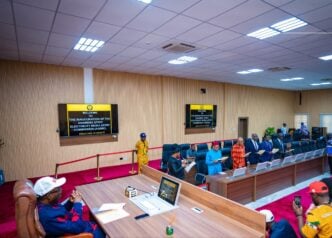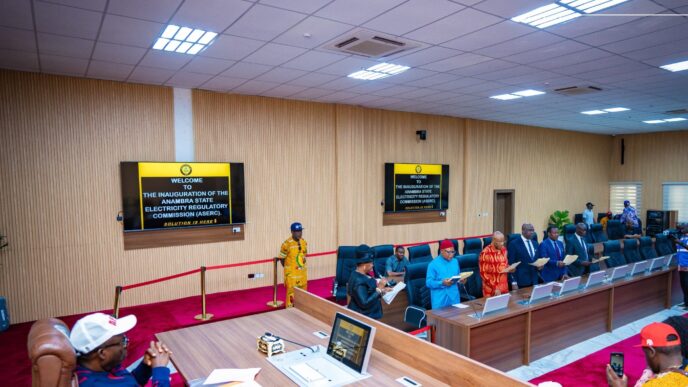You could well describe it as a “smart campus” if we were to deploy a contemporary description, for an academic space which packed so much within its moderate geographical land area. The University of Ilorin when it was birthed in 1975, germinated from the facilities of the erstwhile Government Technical College, Ilorin. It equally appropriated adjoining parcels of land around and about it, where it sat between the thighs of Agbo-Oba and Adewole Estate, in the capital of Kwara State. While a futuristically planned, idyllic, eye-catching campus spread across a land area of more than 10,000 hectares was gradually in the works elsewhere in Ilorin, academic activities began decisively in the primal mini campus of the institution. By the time I was admitted into the institution in 1982, the faculties of Arts, Social Sciences, Education and Clinical Medicine, were already domiciled in the fledgling school. So compact was that academe, that you could actually walk through the entire expanse in about an hour.
Extracurricular activities flourished side by side with approved academic curriculums. I was always inclined towards performing and creative arts, including acting and creative writing. Indeed, I acted the role of King Odewale in the classic play The gods are not to Blame, written by the renowned Nigerian first generation playwright, Ola Rotimi. It was the convocation performance of the Kwara State College of Technology, (Kwaratech), Ilorin, just months before. As a student in the School of Basic Studies, (SBS) of the school where I wrote the Higher School Certificate Examination, (HSC) moderated by the University of Cambridge, I was auditioned for the role and selected. The University of Ilorin, which we abridged as Unilorin was going to provide more opportunities for the blossoming of this flair.
The Unilorin Creative Writers Group and the Ajon Players Drama Troupe were two extracurricular bodies which brought students together, outside the classroom space. David Cook, the venerated British scholar who nurtured several East African writers including Ngugi wa Thiong’o during his stint in Makerere University, Uganda, reenacted his baby project in Unilorin. He developed a creative writing course for final year students of English, in addition to the writers’ group. The writers’ group drew enthusiasts predominantly from the Department of Modern European Languages, which prosecuted courses in English and French. The department has since been unbundled into separate departments for both pursuits. Notable members of the Unilorin Creative Writers Group included: Sola Babatunde, Tivlumun Nyitse, Blessing Wikina, Mopah Aileku, Sunnie Ododo, Wumi Raji, Rasheed Na’Allah, Hakeem Bello, Olufunmilayo Olusunle, (then Adedeji), among others. Guided by Cook and some of our other teachers including Prayag Tripathi, (Indian); Russell Chambers, (American); Stephen Hesbon Lubega, (Ugandan); and Olu Obafemi, we met every week to discuss our teething efforts as cub writers. Some of us were concurrent members of Ajon Players which further cemented our friendships and relationships.
It was from this background that Hakeem Babatunde Bello and I met and became good friends and brothers. I was in my final year when he was in the first year, but this was no barrier between Hakeem and I. Indeed, I graduated in 1985, but returned two years later for a masters when he was in his final year. Once I completed my postgraduate work in 1989, my eyes were focused on a career in the media, where a number of my classmates were already cutting their teeth. I got a job in the Daily Times of Nigeria in Lagos in 1990, when the revolutionary, charismatic Dr Yemi Ogunbiyi, was Managing Director. Hakeem was rounding up his masters at the University of Ibadan at the time and he equally had abiding interest in the media. A second class upper honours degree graduate in English, I was sure he could contribute to the Ogunbiyi rebuild project in the Daily Times.
Advertisement
In 1991, I was redeployed from the Sunday Times, my first stop in the newspaper octopus, to the Daily Times, the flagship of the organisation. My reassignment left a vacuum in the Sunday Times and I was desirous that Hakeem replaced me. I sure didn’t have the political or administrative leverage to bring him in at my level. But I had ideas which I believed we could explore. I tutored Hakeem to get referrals from any two of Ogunbiyi’s contemporaries who Ogunbiyi held in very high esteem. I told him to speak with Professors Femi Osofisan, Niyi Osundare and Olu Obafemi. I assured him that recommendations from any two of these literary giants, all Emeritus Professors now, and all recipients of the Nigerian National Order of Merit, (NNOM), will easily sway Ogunbiyi. My suggestion worked. Hakeem was engaged. Ayo Akinkuotu, Wole Olatimehin, Maurice Ogar, Edwin Baiye, Gbenga Ayeni, all alumni of Unilorin were already embedded in the Daily Times system. Tunde Rahman joined us along the line. It was my privilege to help Hakeem acclimatise in his new official address.
Hakeem was deployed to the same responsibilities I handled in Sunday Times. The brief necessitated standing astride the features and arts desks, and Hakeem acquitted himself competently. You couldn’t be a product of that premier university in the whole of present day Kwara, Kogi and Niger states, without being a standout in your vocation. The University of Ilorin was the archetypal ilo-irin, the flaming forge where metals were beaten into shape. Hakeem and I had several editorial collaborations along the way. I was for instance assigned a full page in the Daily Times on Tuesdays, beginning from early 1994, for topical interviews with a broad spectrum of societal concerns. The series was titled Dialogue this Week. Hakeem and I conducted a few such engagements including a very explosive one with Ken Saro-Wiwa, the famous Ogoni rights activist and prolific author. It was so insightful that it was serialised over two editions of the newspaper.
I dared the “lion’s den,” literally on one occasion, with Hakeem in tow. I wrote to Major General Mohammed Christopher Alli, the first Chief of Army Staff, (COAS), during the administration of General Sani Abacha, asking him for an interview. Alli acknowledged my correspondence, surprisingly and fixed a date for our engagement. I laugh out loud to myself whenever I remember how fear-frozen Hakeem was on that visit. From the gate of the Army Headquarters in Lagos at the time, through the reception area on the ground floor of the complex, all the way to the floor of the COAS, we were confronted with the sight of armed-to-the-teeth, helmeted, mean-looking uniformed soldiers. Hakeem held very tightly to my dress all the way, seeking comfort and reassurance in me!
Advertisement
Sat Guru Marahaji, a self-styled sect leader who was based in Ibadan, who was always in the news those days, once caught our attention. Hakeem and I invited him to our office in the Agidingbi, Ikeja, Lagos office, for an interview. Yes we expected Sat Guru Maharaji would be accompanied by a few devotees of his sect, we didn’t expect the wholesale takeover of the sprawling expanse of our official space, by his adherents. How would our bosses react to this invasion? The Managing Director of Daily Times had offices in our Kakawa, corporate headquarters on Lagos Island, and in Agidingbi, respectively. We had very senior managers and editors who could be averse to the situation. Hakeem and I looked in each other’s eyes, even as he was confident I would typically conjure a solution to the situation. Happily, we had an understanding management which perceived we operated in the line of professional duty.
Hakeem got wedded December 1993. Despite not having a car of mine, I was determined to attend the event with my fiance at the time. We hitch-hiked in public transportation from Lagos to Ibadan, and thereafter from Ibadan to Ejioku, Oyo State, which we thought was the venue of the wedding. We traced the home of Hakeem’s in-laws in the community, only to be told that the ceremony had been concluded and Hakeem had, as tradition dictated, taken his bride away! My fiance, now my wife of over 30 years and I, looked at ourselves and the overhead night sky. Hakeem’s mother-in-law interjected. As if reading our minds, Mama said she wouldn’t even accept that we travelled so late in the night, even if we came with our vehicle. A room had been prepared for us in the house and we will spend the night with them. Hakeem rose to become editor of the most important publications in the stable of the organisation, Sunday Times and Daily Times respectively. It doesn’t get bigger or better for a professional in our vocation. I had left the newsroom to function as an aide to former President Olusegun Obasanjo at the dawn of the Fourth Republic.
My relationship with Hakeem continued to flourish despite our geographical distances. I looked out for him whenever I was in Lagos, and he reciprocated whenever he was in Abuja. In the course of one of his trips to Abuja, back in 2007, he let me into the fact that he was functioning as media aide to Babatunde Fashola, SAN, who was Chief of Staff to President Bola Tinubu at the time. Fashola was being primed to succeed Tinubu and Hakeem was on the project. Having served three Governors in my state in media and public information roles, and having been campaign media attache to Obasanjo during his own electioneering, he sought my advice. We sat together through several sessions, fashioning probable items on a schedule of duties, cork sure the Tinubu influence would swing it for Fashola. That Hakeem was a constant fixture on Fashola’s core of principal officers for a record 16 years, between Fashola’s years in Government House, Lagos, and the Federal Ministry of Works and Housing in Abuja, speaks to his sterling qualities, both as an individual and a professional.
That we’ve served principals of different political inclinations, has never affected or coloured the relationship between Hakeem and I. We are primarily friends and brothers, inseparably joined together, for over four decades. I literally dragged him to the Nasarawa State University, (NSUK), a few years ago, to go register for his doctoral programme. He ended up at the University of Abuja where I also did my doctorate. Hakeem shouldn’t let that intellectual flair, wither, I thought. My wife and I flew in 2023, from Abuja to attend the wedding of his eldest child, Barakah, in Lagos. A few years before, Hakeem’s wife joined us in Ilorin, as we began the final rites of passage for my father, Pastor Jacob Adeniyi Olusunle.
Advertisement
Hakeem learnt during the yuletide in 2019, that I was hospitalised in Ibadan. Here is a friend he considers too rugged to nurse a fever. He got into his car in Lagos and drove straight down to check up on me. Between us, we have nicknames, patented specifically by us. He hails me Kogi O, with reference to my abiding love for the state, much as the quality of leadership and governance of the nearly 34 years old state, has been pitifully underwhelming. I call him Rapsy Kima, the last bit an adaptation of his name, Hakeem. Both of us indeed share the same middle name, Babatunde. I’ve heard him hailed as Funky Alhaji by some of our propositions colleagues. What is more, Hakeem shares the same birthday, October 10, with my only daughter!
Hakeem Babatunde Bello has been as humble, self-effacing and amiable as much as the prototype Yoruba omoluabi can be. He is loyal to friendship, unassuming in carriage. I am personally and specifically excited to welcome my brother to the “sixth floor” which to the glory of God I ascended earlier this year. Hakeem has “beaten” me to becoming a grandpa! I will join you in no distant time, by God’s grace. May the lines continue to fall in pleasant places for you and may you remain the source of pride and happiness you’ve always been to us all. Hearty congratulations, my beloved brother. Together, we shall advance deep into old age in good health by divine grace.
Olusunle, PhD, Fellow of the Association of Nigerian Authors, (FANA), is an Adjunct Professor of Creative Writing at the University of Abuja
Advertisement
Views expressed by contributors are strictly personal and not of TheCable.
